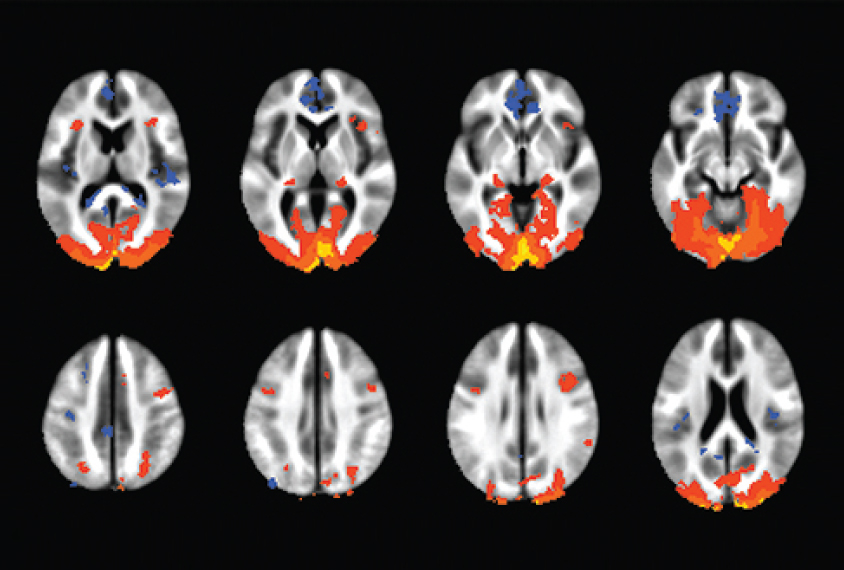Abigail Fagan
From this contributor
New measure yields rapid diagnosis in adults with autism
An abbreviated tool enables clinicians to quickly assess adults for signs of autism.

New measure yields rapid diagnosis in adults with autism
New York program transports children with autism to their passion
In a New York City after-school program, children with autism build social skills through a shared interest in trains.

New York program transports children with autism to their passion
Tool taps personal interests to understand self-control
A novel take on a widely used test could help clinicians assess impulsivity in people with autism.

Tool taps personal interests to understand self-control
Anxiety may heighten social communication challenges in autism
Anxiety may exacerbate social communication problems in children with autism — and not the other way around.

Anxiety may heighten social communication challenges in autism
Marijuana compound curbs seizures by pushing ‘brakes’ in brain
A compound derived from marijuana may treat a severe form of epilepsy by dampening brain activity.

Marijuana compound curbs seizures by pushing ‘brakes’ in brain
Explore more from The Transmitter
New autism committee positions itself as science-backed alternative to government group
The Independent Autism Coordinating Committee plans to meet at the same time as the federal Interagency Autism Coordinating Committee later this month—and offer its own research agenda.

New autism committee positions itself as science-backed alternative to government group
The Independent Autism Coordinating Committee plans to meet at the same time as the federal Interagency Autism Coordinating Committee later this month—and offer its own research agenda.
Two neurobiologists win 2026 Brain Prize for discovering mechanics of touch
Research by Patrik Ernfors and David Ginty has delineated the diverse cell types of the somatosensory system and revealed how they detect and discriminate among different types of tactile information.

Two neurobiologists win 2026 Brain Prize for discovering mechanics of touch
Research by Patrik Ernfors and David Ginty has delineated the diverse cell types of the somatosensory system and revealed how they detect and discriminate among different types of tactile information.
Shifting neural code powers speech comprehension
Dynamic coding helps explain how the brain processes multiple features of speech—from the smallest units of sounds to full sentences—simultaneously.

Shifting neural code powers speech comprehension
Dynamic coding helps explain how the brain processes multiple features of speech—from the smallest units of sounds to full sentences—simultaneously.